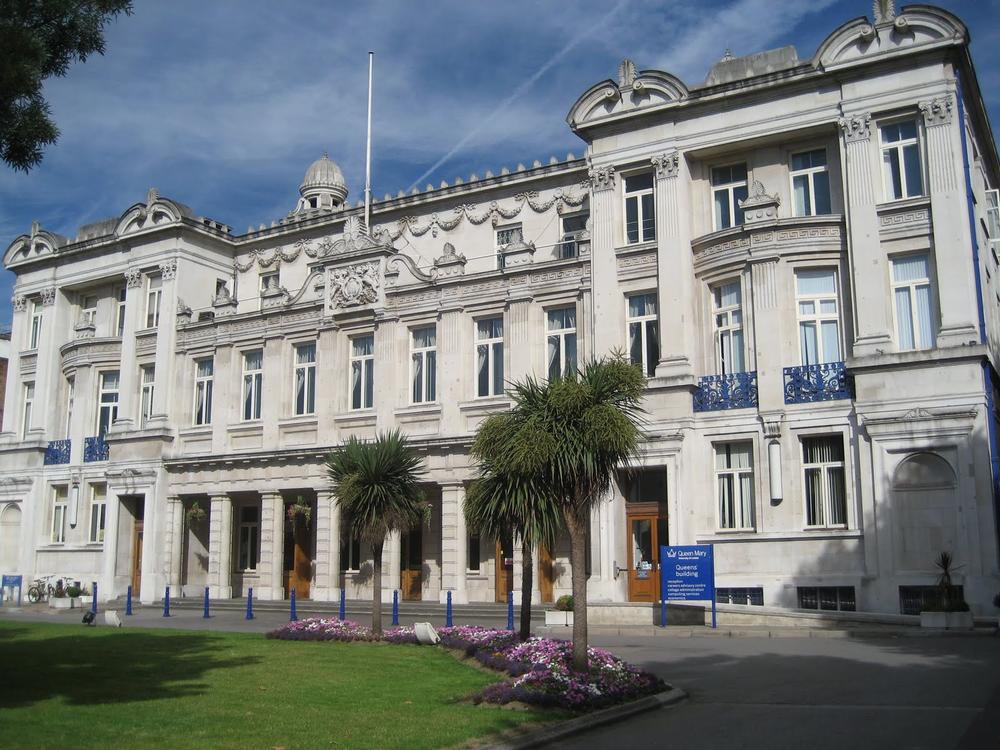This brief unpublished note (11 pages) contains an overview of the Gödel fixed-point lemma, along with several generalizations and applications, written for use in the Week 3 lecture of the Graduate Philosophy of Logic seminar that I co-taught with Volker Halbach at Oxford in Hilary term 2021. The theme of the seminar was self-reference, truth, and consistency strengths, and in this lecture we discussed the nature of Gödel’s fixed-point lemma and generalizations, with various applications in logic.

Contents
- Introduction
- Gödel’s fixed-point lemma
An application to the Gödel incompleteness theorem - Finite self-referential schemes
An application to nonindependent disjunctions of independent sentences - Gödel-Carnap fixed point lemma
Deriving the double fixed-point lemma as a consequence
An application to the provability version of Yablo’s paradox - Kleene recursion theorem
An application involving computable numbers
An application involving the universal algorithm
An application to Quine programs and Ouroborous chains - References

